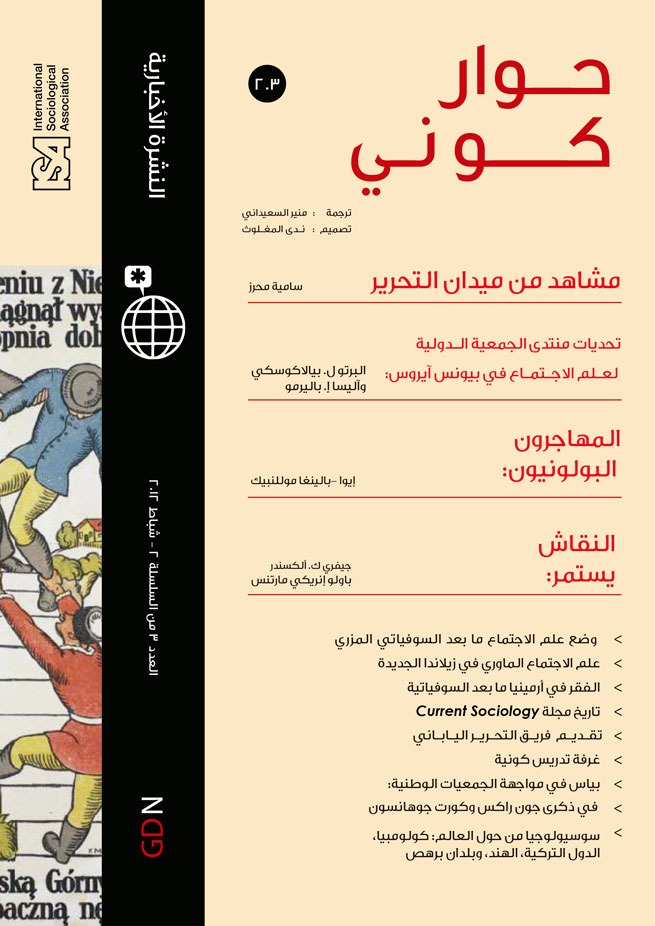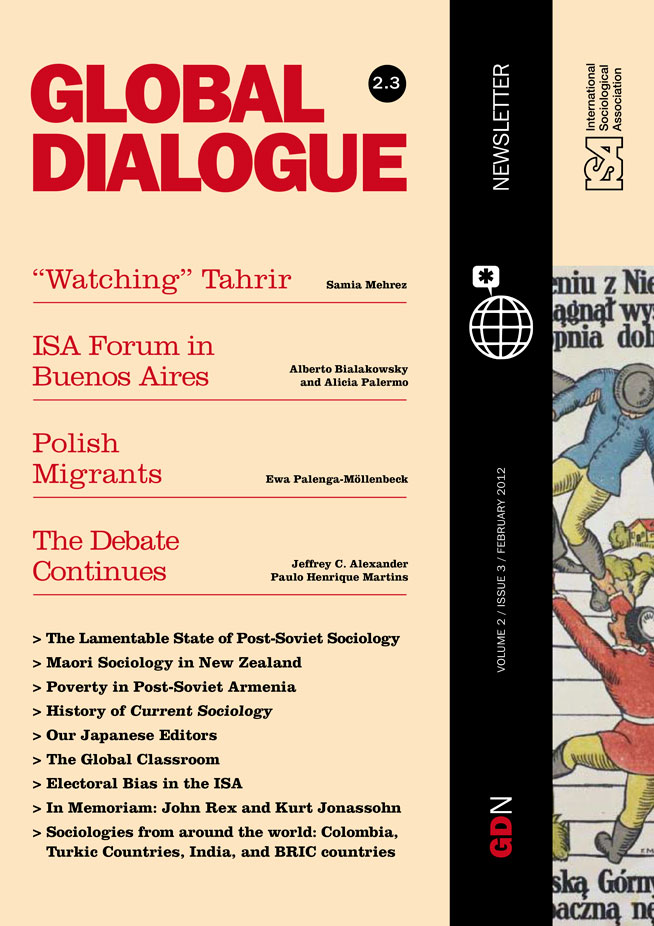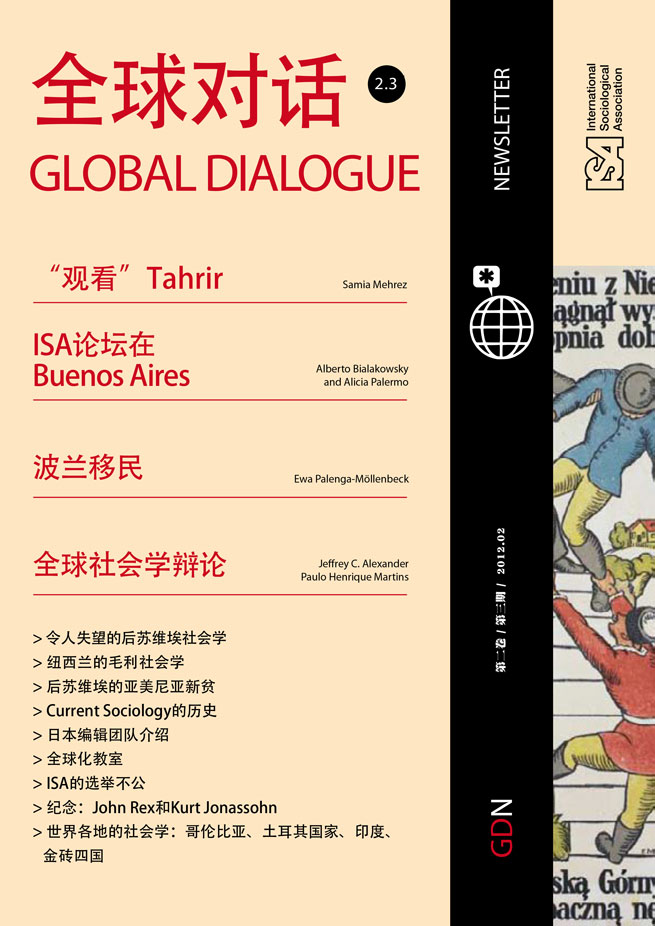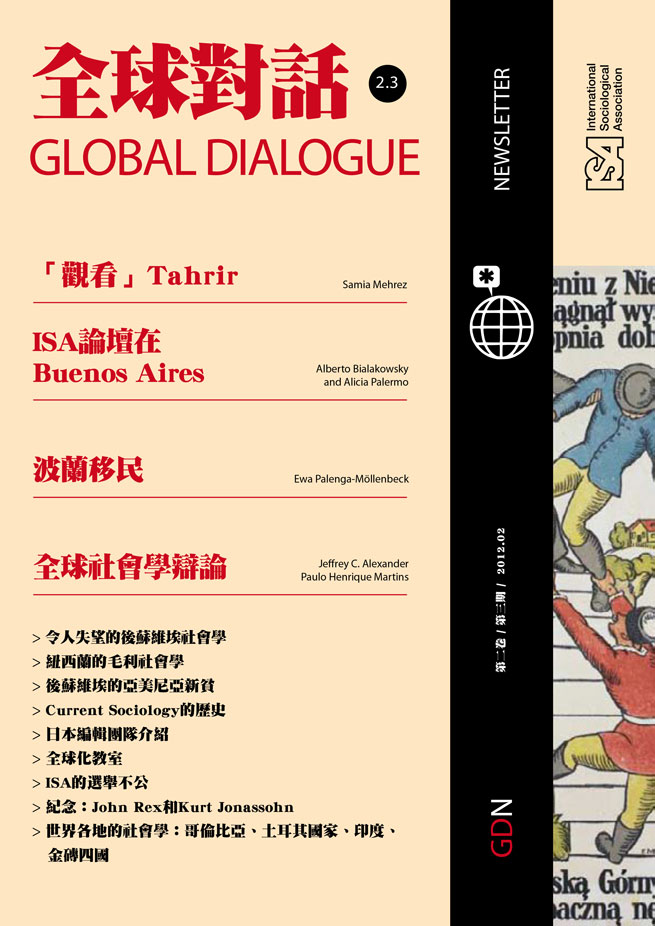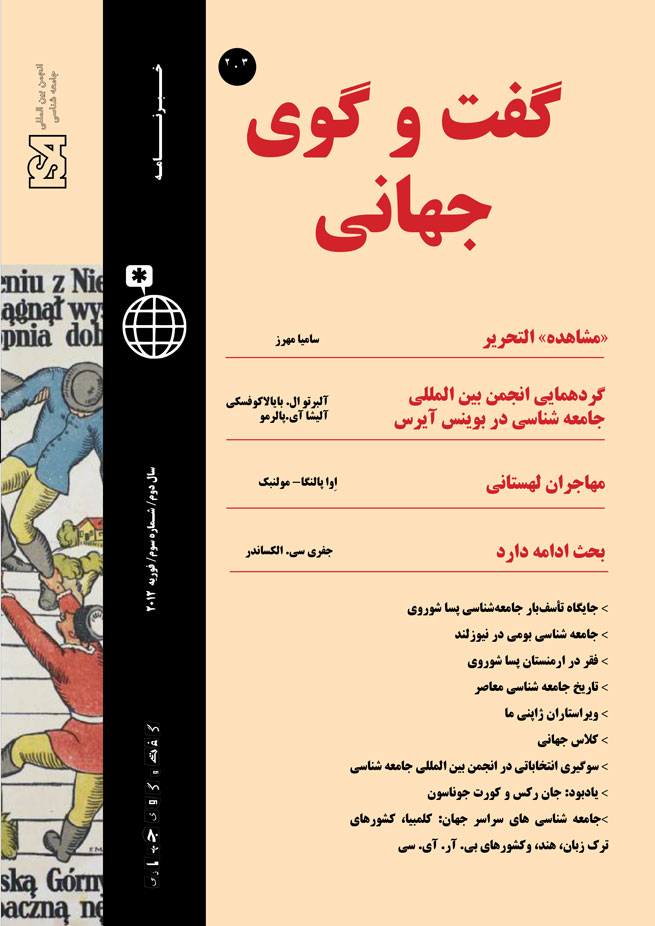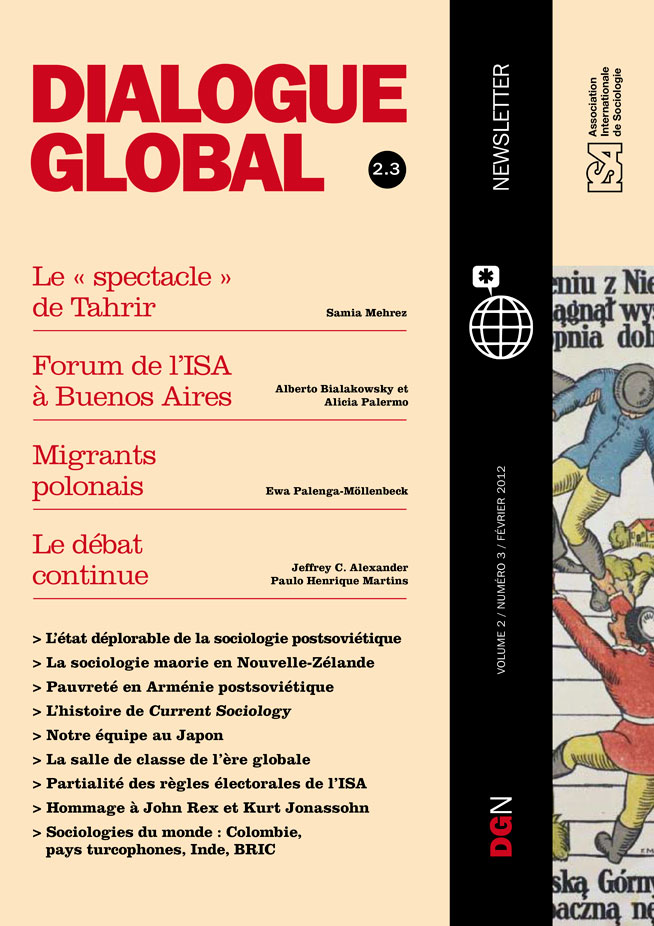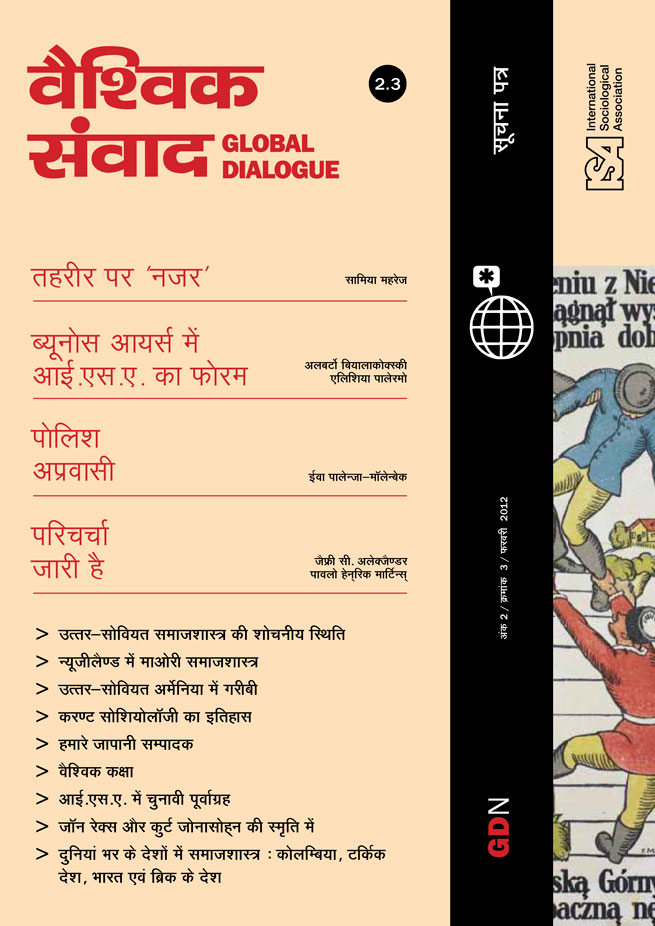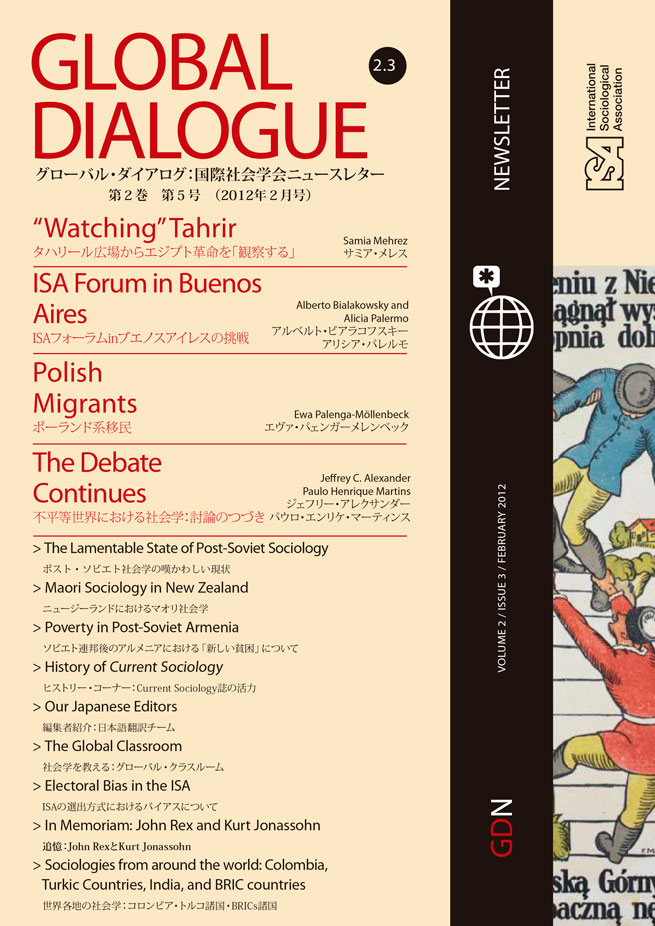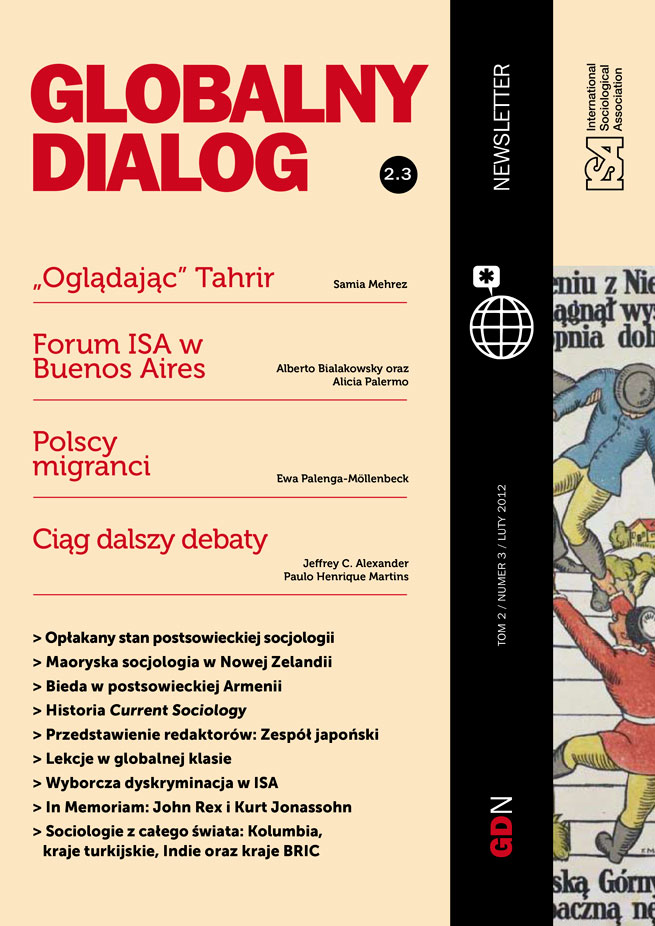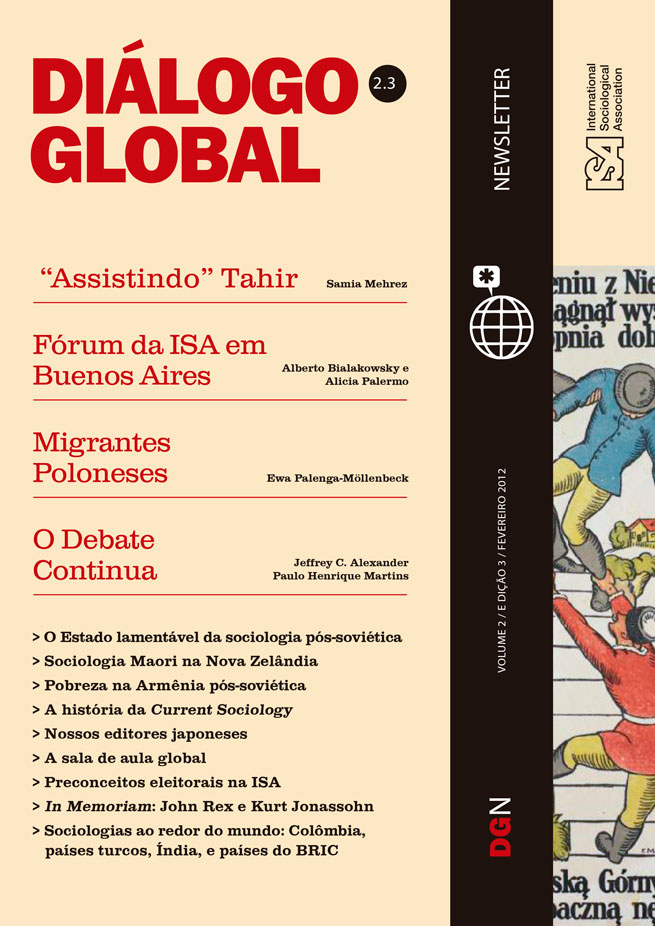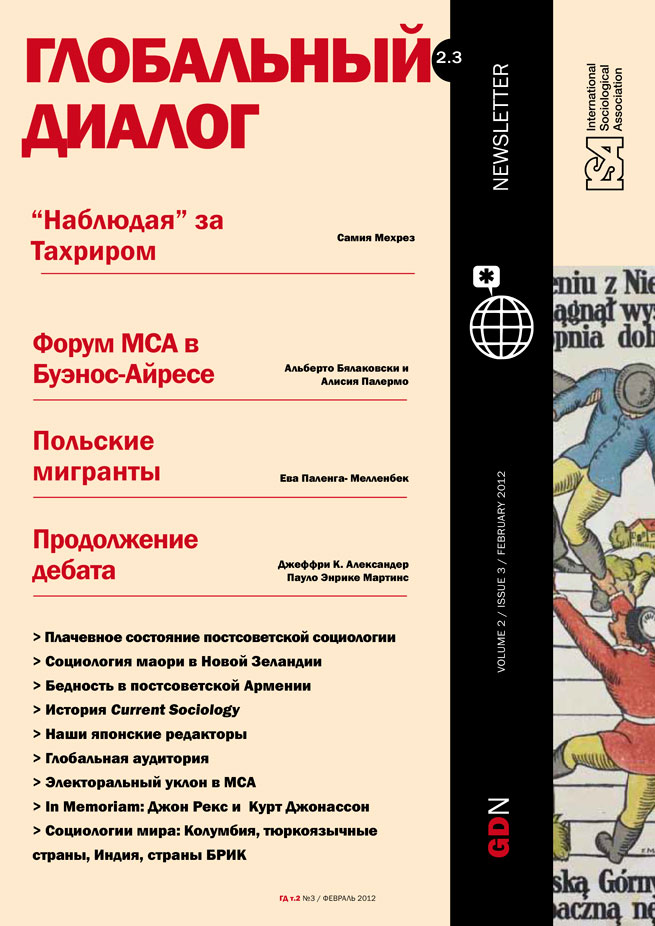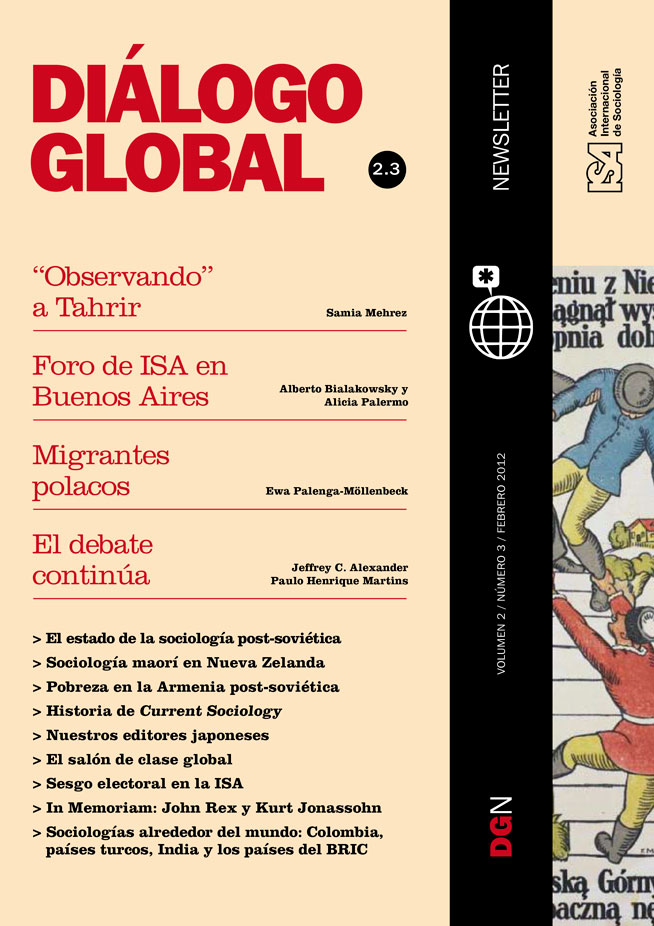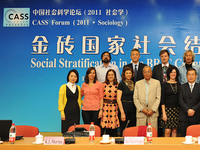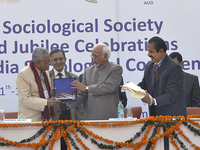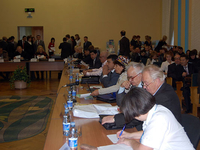Heritage and Rupture in Colombian Sociology
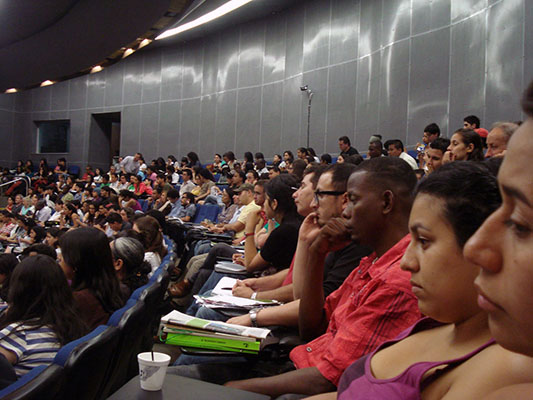
March 01, 2012
On November 2-4 (2011) Colombian sociologists gathered in the city of Cali, for their 10th National Sociology Conference. The theme was heritage and rupture in contemporary Colombian sociology. The organizers were the sociology departments of Universidad del Valle, Universidad ICESI, and Universidad del Pacífico. In addition, there was a warm-up pre-conference meeting devoted to Weberian thought.
The success of this conference was very important to the consolidation of our discipline, especially as the last national conference was back in 2006. Although the Colombian sociological tradition goes back to the 1950s, it has suffered interruptions, due to the violent context within which it has had to operate, and stigmatization due to its alleged links to guerrilla movements. Many departments were closed down for as long as fifteen years only to reopen in the last five to ten years.
In terms of its substance, Colombia’s sociology is shaped by a society full of contradictions: violence coexists with long-standing democracy; levels of inequality are among the highest in Latin America, yet, at the same time, the legal system recognizes social and cultural rights rarely found in Latin America. Colombia provides sociology with an exceptional laboratory but the situation also demands that sociology show great social responsibility.
The pre-conference meeting on Weber was organized by the sociology department of the National University of Colombia and supported by the universities organizing the Conference. It was designed to discuss recent developments in the interpretation of Max Weber’s thought – an open seminar facilitated by the participation of renown international academics: Wolfgang Schluchter from Germany, Francisco Gil Villegas from Mexico, Esteban Vernik from Argentina, and Javier Rodríguez Martínez and José Almaraz Pestana from Spain. The participants underscored the importance of re-reading Weber’s work as important not just for specialists but also for the general public. As both local sociologists and international guests noted, such high-level discussion devoted to the work of a classical author was rare and it reflected well on the state of theoretical thinking in Colombia.
As for the main conference, there was also a plethora of international speakers: ISA President Michael Burawoy from the University of California, Berkeley; Latin American Sociological Association (ALAS) President Henrique Martins from the Federal University of Pernambuco (Brazil); Alejandro Portes from Princeton University (USA) where he directs the Center for Migration and Development; Emilio Tenti from the University of Buenos Aires; Manuel Antonio Garretón from the Catholic University of Santiago (Chile) and Milton Vidal from the University Academy of Christian Humanism (Chile). These international figures gave life to contemporary debates around the student movement, global sociology, immigration, public sociology, and postcolonialism.
The organizing efforts could not have had better results: 24 working sessions, 600 attendants, 200 papers, eleven international guests, and participation from fifteen sociology programs from the Colombian Network of Sociology Schools and Departments (RECFADES). The success of the conference was plain to see and it was echoed in the closing session with such comments as: “Sociology is in good health” and “Our discipline is as valid and pertinent as any other field of scientific knowledge.”
The atmosphere in the working sessions also confirmed the vitality of Colombian sociology, indicated by the rising number of schools and incoming students, bucking global trends in the opposite direction. It was also noted that many sociologists migrate and fertilize other fields of knowledge after receiving their undergraduate degrees. The discipline itself is diversifying with new notions of subjectivity, unconventional approaches to gender, novel approaches to religion and much more. Subjects that were once discredited are now quite fashionable, in particular, consumption viewed through the lens of fashion, taste, and artistic expression. Then, of course, there were the traditional topics of Colombian sociology – violence, peasant movements, rural communities, and labor organization – where interest continues to be as lively as ever.
The delegates were unanimous in their fulsome praise not only for the organizers’ dedication and skills, making it an intellectually exciting conference, but also for their abundant generosity, unceasing hospitality and exceptional warmth in the city of salsa.
Patricia S. Jaramillo Guerra with Fernando Cubides, National University of Colombia at Bogota

